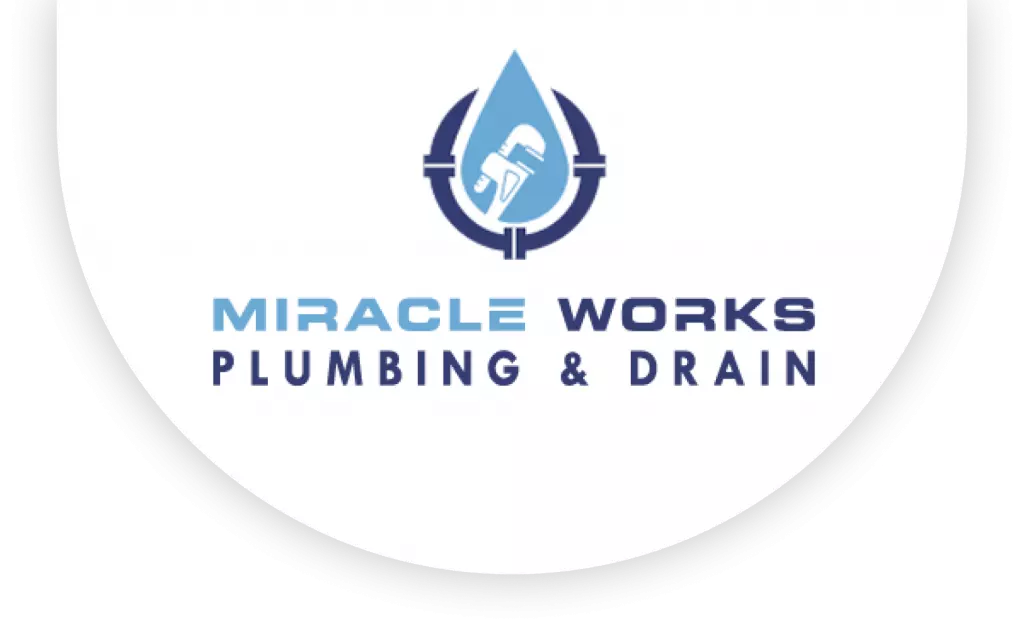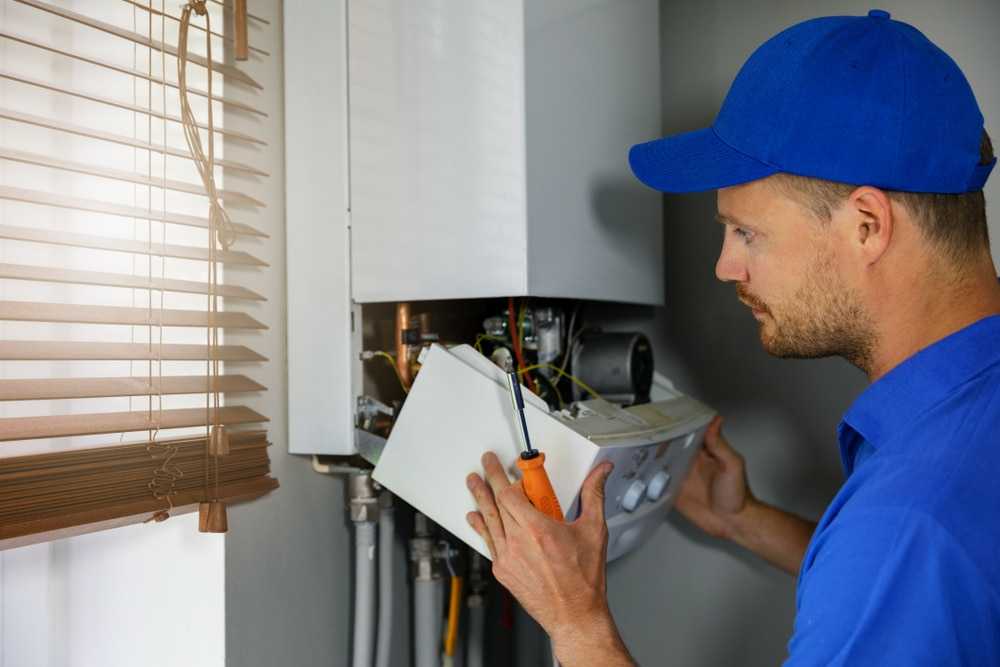When it comes to home maintenance, we often overlook the importance of cleaning our water heaters. We rely on hot water for various activities like bathing, cooking, and cleaning, but we rarely think about the device that provides us with this essential resource. Regularly cleaning your water heater is crucial for maintaining its efficiency, prolonging its lifespan, and ensuring the safety of your household. In this article, we will delve into the significance of cleaning your water heater and provide you with practical tips to keep it in optimal condition.
Understanding Your Water Heater
Before we explore the importance of cleaning, let’s understand the basic functioning of a water heater. A typical water heater consists of a tank that holds and heats the water, a heating element or burner, a thermostat to regulate the temperature, and pipes for water inlet and outlet. Over time, sediment and minerals can accumulate at the bottom of the tank, affecting its performance and efficiency.
The Importance of Regular Cleaning
1. Enhances Efficiency
When sediment and mineral deposits accumulate in your water heater, it creates an insulating barrier between the heating element or burner and the water. This layer of sediment reduces the efficiency of the heater, making it work harder and consume more energy to heat the water. Regular cleaning removes these deposits, allowing the heater to operate at maximum efficiency and reducing your energy bills.
2. Extends Lifespan
A clean water heater is less prone to corrosion and damage. Sediment buildup can lead to rusting and deterioration of the tank, resulting in leaks or even a complete breakdown. By cleaning your water heater regularly, you remove the potential risks and extend its lifespan, saving you money on expensive repairs or replacements.
3. Improves Water Quality
Over time, bacteria and other microorganisms can thrive in the stagnant water sitting in your water heater. These contaminants can affect the taste and odor of your tap water. Regular cleaning not only eliminates sediment but also reduces the presence of harmful bacteria, ensuring the water flowing from your taps is clean and safe for use.
4. Prevents Potential Hazards
Neglecting to clean your water heater can lead to potential hazards, such as gas leaks or electrical malfunctions. Sediment buildup can cause overheating, increasing the risk of fires or explosions. By regularly cleaning your water heater, you minimize these dangers and prioritize the safety of your home and family.
How to Clean Your Water Heater
Now that we understand why cleaning your water heater is essential, let’s explore the step-by-step process to ensure effective maintenance:
1. Turn Off the Power
Before cleaning your water heater, ensure the power source is turned off. For electric heaters, switch off the circuit breaker connected to the unit. For gas heaters, turn off the gas supply valve.
2. Drain the Tank
Connect a hose to the drain valve located at the bottom of the water heater. Place the other end of the hose near a floor drain or outside your home. Open the drain valve and let the water flow out until it becomes clear and free of sediment.
3. Flush the Tank
Close the drain valve and fill the tank partially with cold water. Add a cleaning solution recommended by the manufacturer or a mixture of vinegar and water. Let the solution sit in the tank for a few hours to dissolve any remaining sediment.
4. Rinse and Refill
After the solution has had enough time to work, open the drain valve and flush out the tank completely. Make sure the water runs clear and free from any traces of the cleaning solution. Close the drain valve, refill the tank with cold water, and turn on the power supply.
Conclusion
Cleaning your water heater regularly is not just an optional maintenance task; it is crucial for ensuring its efficiency, durability, and the safety of your home. By removing sediment and mineral deposits, you enhance its performance, prolong its lifespan, and provide clean, safe water for your daily needs. Remember to follow the manufacturer’s instructions and perform this maintenance routine at least once a year.
FAQs (Frequently Asked Questions)
Q1: How often should I clean my water heater? A1: It is recommended to clean your water heater at least once a year to maintain its efficiency and prolong its lifespan.
Q2: Can I clean my water heater myself, or should I hire a professional? A2: While cleaning your water heater can be done as a DIY task, if you’re unsure or uncomfortable with the process, it’s best to hire a professional plumber to ensure it is done correctly.
Q3: Are there any specific cleaning solutions I should use? A3: It’s best to follow the manufacturer’s recommendations regarding cleaning solutions. If not specified, a mixture of vinegar and water can be effective for removing sediment.
Q4: Will cleaning my water heater improve the quality of my tap water? A4: Yes, regular cleaning helps eliminate sediment and reduces the presence of bacteria, resulting in improved water quality and taste.
Q5: Can neglecting water heater cleaning lead to safety hazards? A5: Yes, neglecting to clean your water heater can lead to potential hazards such as gas leaks, electrical malfunctions, and the risk of fires or explosions. Regular cleaning is crucial for maintaining a safe environment.




